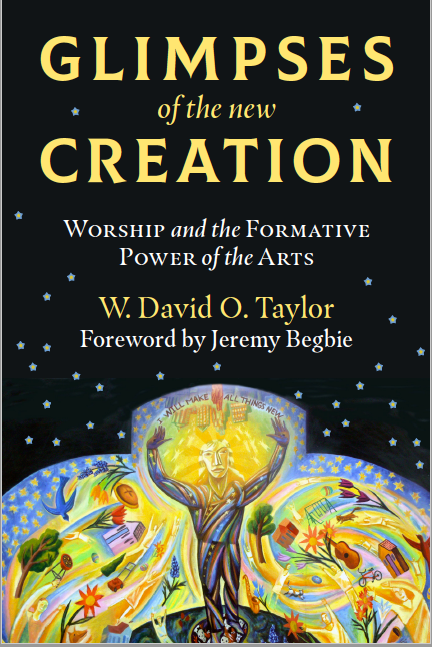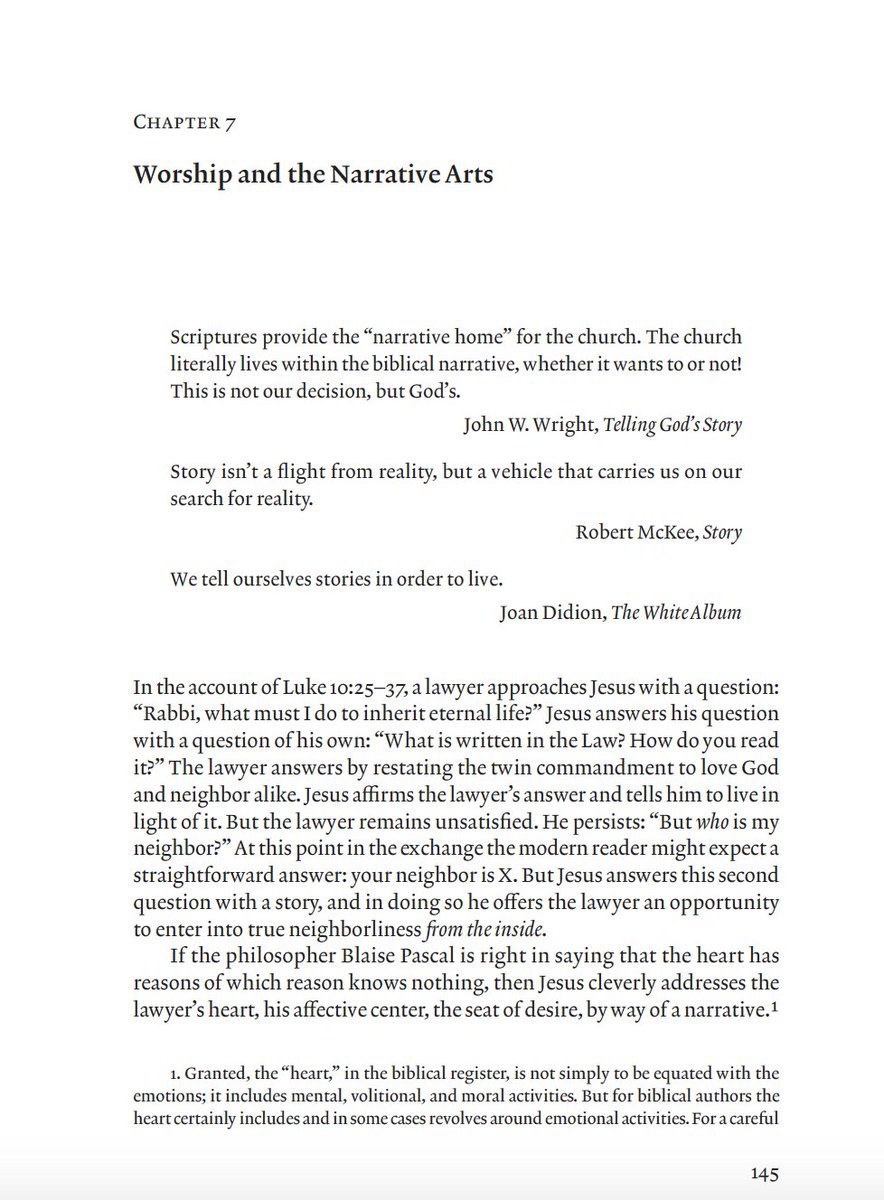Pastors have an un-enviable job these days. No matter what they say, no matter how carefully said, no matter what they do, however thoughtful or lovingly done, they will *always* have somebody get mad at them, think ill of them, or judge them hastily. They need our prayers. 1/
Our political atmosphere, like a psychotropic drug gone nightmarishly wrong, makes us mad in the head and wildly reactive. The media, on the left and on the right, winds us up and throws us into an emotional tailspin, even while it keeps us addicted to the "news" of the day. 2/
And pastors face a congregation through digital, non-embodied ways, full of anxious and wearied people who have been jacked up by the events of 2020 and infected with fear by all that could go wrong in their lives, in the lives of those they love, and in this country as well. 3/
What might pastors do, then, between now and November 3 and January 20 and beyond in order to shepherd their people well? Possibly this: to cultivate in their people the virtues of charity and patience, the result of which would be increased empathy and self-control. How so? 4/
First off, people don& #39;t become more charitable or more patient by simply being *told* to love others or to "count to ten," or by *willing* themselves to be more loving and more patient. They become more virtuous by *doing* things that increase charitable and patient muscles. 5/
People also become more *inclined* to *want* to be more charitable and more patient when they see it played out in other people& #39;s lives, with positive/fruitful/faithful results. That& #39;s where testimonies and storytelling come into play. So what would this mean practically? 6/
It means giving ample space in our common worship for people to tell stories of heart change: from hatred to love, from impatience to patience, from hardness of heart to softness of heart. It also means fresh re-tellings of the Good Samaritan story and others like it. 7/
We tell such factual & imagined stories at length because Jesus, who knows how the human heart works better than anybody else, himself did so. In telling stories, Jesus graciously draws his listeners into a narrative that subverts prevailing assumptions about a faithful life. 8/
In the case of Luke 10, he does so by pulling the young lawyer affectively into a plot. The plot in turn involves an “aha” moment, where the lawyer not only *sees* the truth, he also *feels* true neighborliness, as it is exhibited in the Samaritan protagonist. 9/
A twist occurs in the story and the lawyer finds himself implicated in a role that he might never have imagined for himself: playing the “bad guy” instead of the “good guy.” With Jesus, the un-imaginable becomes imaginable and seemingly impossible becomes possible. 10/
But the point of the story is less about Jew versus Samaritan or even about human beings as such. It is about God. The story redirects the attention of the lawyer, and of the crowd listening in on the exchange, to the kind of mercy that describes the character of Yahweh. 11/
Jesus tells a story so that thru this parable his hearers might acquire a feel *for* the things of God’s kingdom, even as they feel *with* the Samaritan and *for* the stranger. That& #39;s what all of us need too: a good story to help us to see and feel what we can& #39;t on our own. 12/12
I write about these things at length in my book "Glimpses of the New Creation," but I& #39;ve never felt a stronger sense of urgency about the need for stories that subtly and subversively draw us out of "death into life." https://www.amazon.com/Glimpses-New-Creation-Worship-Formative/dp/0802876099/ref=sr_1_1?crid=1QR66T85WMQ6H&dchild=1&keywords=glimpses+of+the+new+creation&qid=1601301197&sprefix=glimpses+of+the+new+creation%2Caps%2C172&sr=8-1">https://www.amazon.com/Glimpses-...

 Read on Twitter
Read on Twitter



